

























DRIVING QUESTION: How can I have a healthy diet based on my personal choices?

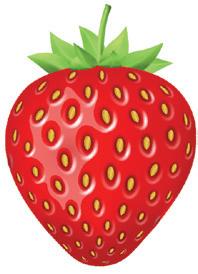
You will reflect on your current eating habits and think of ways to improve them and learn about the different food groups and the food pyramid, how to read food labels, interpret the different nutrients that each food contains and learn about typical dishes from other countries. As final task, you will design a menu with two healthy snacks, present them in a school event, and have a picnic with your classmates at school.






with an oral presentation. You could also present a digital or real product such as a poster, a model, a scrapbook etc.


specific role, as follows:



• Presenter: this person will present the final project to the other groups and answer any questions which might come up.
• Recorder: this person will document the process; does all the writing for the group.



• Facilitator: this person will be responsible for introducing the topic and leading the discussion; makes sure everyone is on task.
• Illustrator: this person will be responsible for researching and selecting images and references and/or illustrations.
In the appendix 1 you will find a Group Project Agreement to write the names of the 4 participants in each group, check out the team’s golden rules and sign the document for agreement.

Work Plan. In your groups, you will fill out the table (Appendix 2) answering the following questions for each step of the project (Entry task, Task 1, Task 2, Task 3, Task 4 and Final Project):
• What needs to be done?
• Who will do that?
• Deadline?
• Done?
appendix 3, you will find a calendar, which presents a suggestion of how these lessons can be organized during the school year.











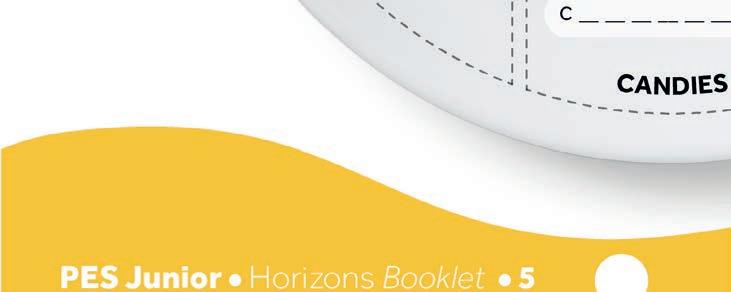











group. Then, write its name.


B __ __ __ __
C __ __ __ __ __
FRUITS/VEGETABLES
M __ __ __ __ __ __
A __ __ __ __
B __ __ __ __ __ __ __
L __ __ __ __ __ __




DAIRY
C __ __ __ __ __
Y __ __ __ __ __
FAST/CANDIES
B __ __ __ __ __
C __ __ __ __ __ __ __ __

















PROTEIN
B __ __ __ __
C __ __ __ __ __ __
E __ __



















































































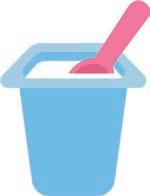























































































































A. PROTEINS
Contain sugar, fiber or starch and are your body’s
B. VITAMINS

C. CARBOHYDRATES
D. FIBER
E. IRON
F. FAT







G. CALCIUM
Is a mineral and helps you to build strong bones

Give you energy and help your body cells to
Is a mineral and helps your red blood cells carry









Is a source of calories and too much can lead to
main source of energy. and teeth. grow. oxygen to your lungs and organs. weight problems or heart disease. food.
Is a type of carbohydrate and helps you to digest Help your body use the energy you get from food


and keep your hair, eyes and skin healthy.

According to your current eating habits, describe how many servings you have every day of each food group. What are your 1 groups? Share with a partner.










Food Pyramid using the information in activity 2. Compare with a partner.






















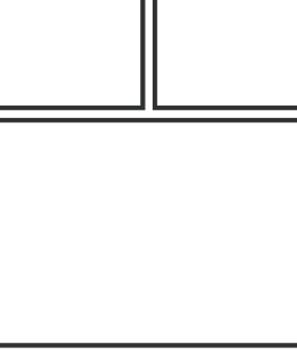
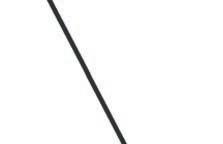

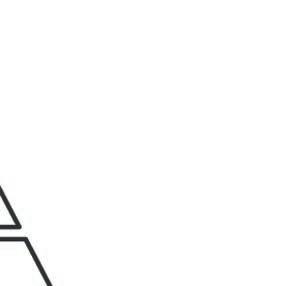




































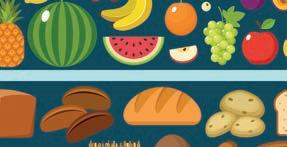






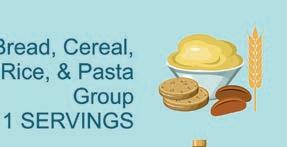




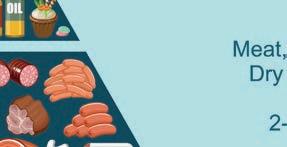











, with your camera ready and take pictures of different food labels. Make sure the place allows (under adult supervision) photos! Print them and stick them below.


















DAIRY
FRUITS / VEGETABLES
PROTEIN
FAT
Read the text and look at the picture. Answer the questions with T (true) or F (false).




































snacks aren’t healthy because they have a lot of sugar. A little bit of sugar is OK sometimes, but too much sugar isn’t only bad for your teeth; it can slow you down and even stop you from sleeping well! Fruits and vegetables have a little sugar. Some foods have a lot of sugar, like candy, cookies, and soda. One can of soda has 39 grams of sugar ... that’s almost 10 teaspoons! It’s the same as three bananas or two and a half apples!

= 3 = 2.5 Student Edition


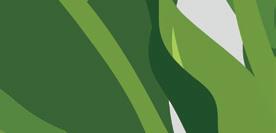






Healthy snacks don’t have any sugar.
2. Too much sugar is not good for your health.
3. If you eat too much sugar, you don’t sleep well.



4. One can of soda has more sugar than 5 bananas.









5. Foods and drinks have nutrition labels.
6. Foods with 11 grams of sugar or more are not good.

7. A mango and a carrot are good food for your health.

Now it’s time to help your friends have a healthier diet. Make recommendations of Stick the picture of the foods, write their names and the amount of sugar each one
Go foods! Be careful foods! and Stop foods! has. Then share your recommendations with the class. of the food

Stick here the picture of the food
of the food
BE CAREFUL!
of the food
Stick here the picture of the food
Stick here the picture of the food













Amanda is from the UK. She lives in York. She’s describing a typical dish from her country. Is it healthy or unhealthy? Read the description and check out the nutrition facts (calories, fat, protein, and sugar).
















































fish and chips. You can have fish and chips in almost any restaurant in my country. The fish is usually cod. The fish is fried and you put vinegar on the chips. It’s delicious!






Source: https://www.calorieking.com/au/en/foods/f/calories-in-meals-fish-and-chipsfish-only-battered-deep-fried/p4gnpwUGQo-weMuNwQipug


















































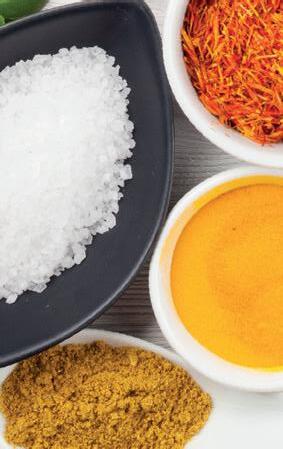




















Plan your healthy snacks.


SNACK:
NUTRITION FACTS
SNACK:




























NUTRITION FACTS



Let’s eat the snacks! Yummy!






























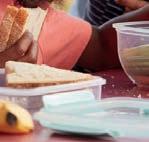











































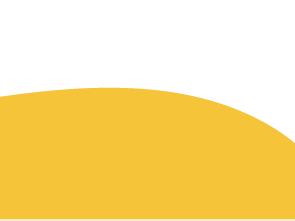
















1. Self-assessment: each student will reflect and assess their own learning journey in 5 main areas and 4 performance bands. They will choose a band from 1 to 4 according to their own perception.


2. Peer assessment: each student will choose a classmate to be assessed in 5 main areas and 4 performance bands. They will choose a band from 1 to 4 according to his/her own perception of the colleague’s performance.



3. Teacher assessment: the teacher will assess each student in class in 5 main areas and 4 performance bands. He/she will choose a band from 1 to 4 according to his/her own perception of each student’s performance. The 5 main areas and 4 performance bands are shown in the following table.
These are to be filled out at the end of the project journey in lesson 14.











1. PRESENTATION INCOMPLETE
NOT PRESENTED WITH CARE. SOME INCOMPLETE ACTIVITIES
MOST OF MY WORK WAS ADEQUATE, NEAT AND PRESENTED WITH CARE.

ALL MY WORK WAS ADEQUATE, NEAT AND PRESENTED WITH CARE.
EXECUTION
ACTIVITIES NOT DONE, OTHERS INCOMPLETE. THE PROJECT GOALS NOT CONSIDERED.
VARIOUS ACTIVITIES INCORRECT. SOME OF THE PROPOSALS NOT CONSIDERED.
MOST OF THE ACTIVITIES CORRECT. MOST OF THE PROJECT PROPOSALS WERE CONSIDERED.
ALL THE ACTIVITIES CORRECT. ALL THE PROJECT PROPOSALS WERE TAKEN INTO CONSIDERED.
LEARNING
SOME LEARNING
I LEARNED MOST THINGS I LEARNED A LOT
CREATIVITY
SOME BASIC CREATIVITY
SOME CREATIVITY ADDING EXTRA DETAILS
A LOT OF CREATIVITY, EXTRA DETAILS AND ORIGINALITY.
WAS WEAK
I ASSESSED MY LEARNING AND WORK AT A BASIC, SUPERFICIAL LEVEL




I CAN ASSESS MY LEARNING PROGRESS BASED ON THE WORK DONE. I’M AWARE OF THE DIFFICULTIES ENCOUNTERED.




I FULLY REFLECT ON MY LEARNING PROGRESS, SHOWING AWARENESS OF MY ACHIEVEMENTS AND DIFFICULTIES. I SHOW INTEREST IN IMPROVING.

1. PRESENTATION INCOMPLETE
NOT PRESENTED WITH CARE. SOME INCOMPLETE ACTIVITIES
CLASSMATE‘S WORK WAS ADEQUATE, NEAT AND PRESENTED WITH CARE.
ACTIVITIES NOT DONE, OTHERS INCOMPLETE. THE PROJECT GOALS NOT CONSIDERED.
LEARNING DEMONSTRATED
VARIOUS ACTIVITIES INCORRECT. SOME OF THE PROPOSALS NOT CONSIDERED.
CREATIVITY
SOME LEARNING DEMONSTRATED
SOME BASIC CREATIVITY
I ASSESSED MY CLASSMATE’S LEARNING AND WORK AT A BASIC, SUPERFICIAL LEVEL







MOST OF THE ACTIVITIES CORRECT. MOST OF THE PROJECT PROPOSALS WERE CONSIDERED.
MY CLASSMATE LEARNED MOST THINGS
SOME CREATIVITY ADDING EXTRA DETAILS
I CAN ASSESS MY CLASSMATE’S LEARNING PROGRESS BASED ON THE WORK DONE. THEY ARE AWARE OF THE DIFFICULTIES ENCOUNTERED.

MOST OF MY ALL MY INTEREST IN


CLASSMATE‘S WORK WAS ADEQUATE, NEAT AND PRESENTED WITH CARE.
ALL THE ACTIVITIES CORRECT. ALL THE PROJECT PROPOSALS WERE TAKEN INTO CONSIDERED.
MY CLASSMATE LEARNED A LOT
A LOT OF CREATIVITY, EXTRA DETAILS AND ORIGINALITY.
I FULLY REFLECT ON MY CLASSMATE’S LEARNING PROGRESS, SHOWING AWARENESS OF THEIR ACHIEVEMENTS AND DIFFICULTIES. THEY SHOW IMPROVING.
Stick a boy or girl’s picture here
Boy or girl’s name here
NUTRITION FACTS
1 serving (_______ g)
Calories
Fat
Protein
Sugar
I’m from __________________________________.
A typical dish from my country is ______________.
It’s made (with/by) _________________________.
It’s very (good/ refreshing/ sweet/ salty etc. Write the taste, or characteristic of this dish).

School: ___________________________________
Group Name: _______________________
Project: _______________________________________________ Date: _________________
Members and Roles:
Name Role Presenter: Speaks when the group needs to answer a question and presents the final project to the class.
Scribe/Recorder: Documents the whole process and does the writing for the group.
Organizer: Keeps track of time and makes sure all tasks are completed. Collects and returns materials and equipament.
Facilitator: Responsible for introducing the topic and leading the discussion. Makes sure everyone is on task.
Our team’s golden rules:
• We listen to each other’s ideas with respect.
• We work as best as we can.
• We do our work on time.
• We help others and ask for help if we need it.
• We ________________________________________________
• We ________________________________________________
Group member signatures:

Badges: Roles: CEO, Imagineer (engineer), Secretary


Useful Phrases:
• Do we need to share this with the class?
• In our group, we talked about...
• One thing we consider important is...
Useful Phrases:
• What materials do we need?
• I will get the ... (scissors, ruler etc.)
• We have ... minutes left.
• Let’s move on to the next question.

Useful Phrases:
• Welcome to the group. Today, we discuss...
• Do you have an opinion or question about...?
• It’s ...’s turn to share now.
• That’s a great idea!
Useful Phrases:
• Do we need to write this?
• How do you spell ...?
• How can I organize this on paper?


